Edwards navigate’s Namibia’s blue economy
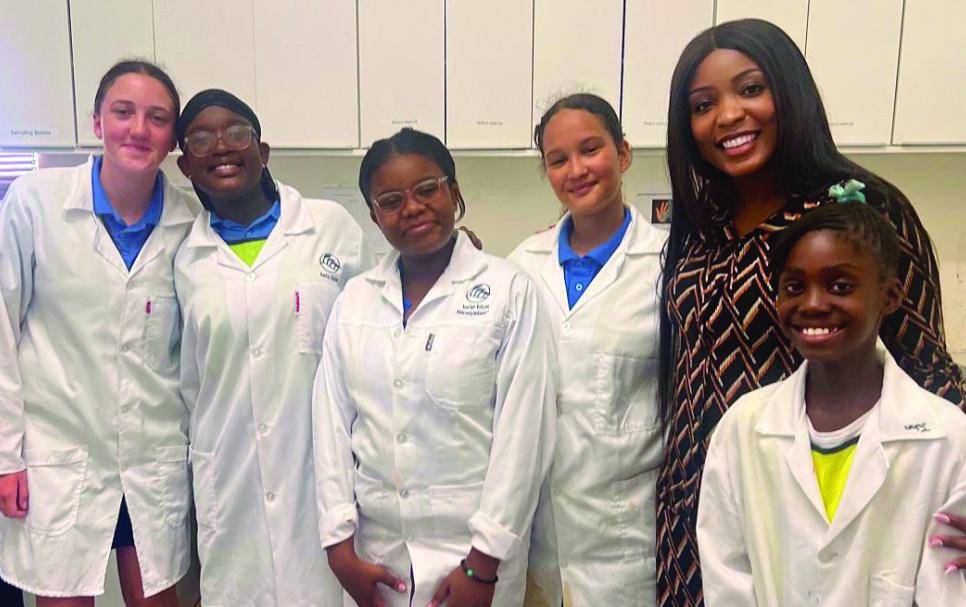
By Patience Makwele
A marine biologist, Josephine Edwards has carved a place for herself in one of Namibia’s previously male-dominated industries. With an Honours degree in Fisheries and Aquatic Science from the University of Namibia (UNAM) and a Master’s in Biodiversity and Conservation Biology from the University of the Western Cape, she leads with the ichthyoplankton in the country’s marine ministry.
While many Namibians have little knowledge about the field of Itchthyoplankton, she described it as a a field which specializes in studying the earliest stages of fish life.“Ichthyoplankton research focuses on studying the earliest life stages of fish, specifically fish eggs and larvae, which are essentially baby fish,” she explained. “This helps us map out the ‘maternity wards’ of our fisheries, critical areas where fish spawn and grow before they reach adulthood.”
She emphasized that protecting these areas is vital for Namibia’s fisheries sector. “If spawning grounds are disturbed by fishing or other human activities, it can threaten the survival of entire fish populations. By safeguarding these nursery areas, we ensure that fish stocks can replenish naturally, securing the future of our fishing industry and the livelihoods it supports.”
Edward added that data from her work has already influenced national policy. “For example, the sardine moratorium in Namibia was informed by data from ichthyoplankton research showing that the sardine stock was critically low.”
Beyond research, she founded Lady Marine Consultancy to challenge gender imbalance and open space for women in the sector. “The inspiration for Lady Marine Consultancy came from a moment of realization: marine science in Namibia was and still is, a heavily male-dominated industry. I wanted to change that narrative by showing up as a young woman ready to contribute my expertise, my voice and my vision for the sector.”
She outlined four reasons for establishing Lady Marine: to use her expertise for community impact, mentor young women, spark innovation in the blue economy, and create visibility for women. “By simply showing up and taking up space in rooms where decisions are made, we shift the narrative. We influence policies, bring in new perspectives and inspire younger women to see themselves in this industry.”
Asked how she asserts herself in a male-dominated field, Edward said credibility is key. “For me, asserting myself as a young woman in a male-dominated industry begins with credibility. You have to put in the work, build the right experience, back it up with academic credentials and consistently deliver results.” She added: “Equally important is collaboration. I do not view men as opposition; in fact, they have been some of my greatest allies.”
Mentorship remains central to her work. “Mentorship is very close to my heart because I believe young women in science should not have to face the same challenges or make the same mistakes I did when starting out. My goal is to impart knowledge, guidance and encouragement.” She uses her platforms and professional networks to guide students on career choices, research, and industry opportunities.
Looking ahead, Edward envisions Lady Marine becoming a hub for innovation in the blue economy. “I want Lady Marine to become a leading platform for ocean innovation, using science and technology to address some of our country’s most pressing challenges such as food insecurity, climate change and the need for sustainable ocean-based businesses.”
She called for greater investment and inclusive policies to strengthen Namibia’s marine science sector. “We need dedicated funding instruments for the blue economy. The Namibian government and private sector must begin to see the blue economy as a key growth opportunity and back it with strong financial support.” She also stressed the importance of representation: “While women make up a large portion of the workforce in the fishing industry, they are rarely found in senior leadership or decision-making roles. Stronger policies are needed to ensure women have a seat at the table.”
Her long-term dream is to leave a legacy of empowerment. “My long-term dream is to become a recognized thought leader in Namibia’s blue economy, someone who drives innovation, sustainability, and inclusive growth in the marine and fisheries sector… Ultimately, I want Lady Marine to become a household name in Namibia, synonymous with innovation, empowerment, and sustainability.”
- 347 views



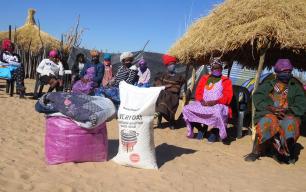
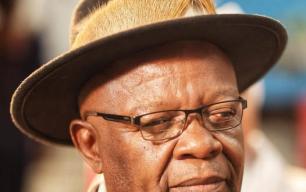
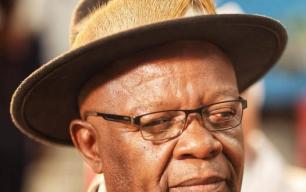
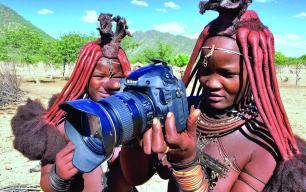

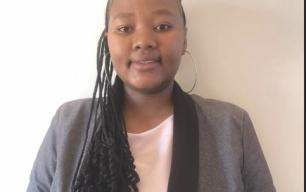
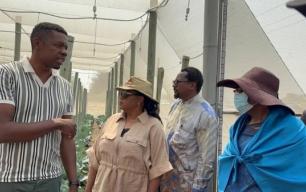
Comments